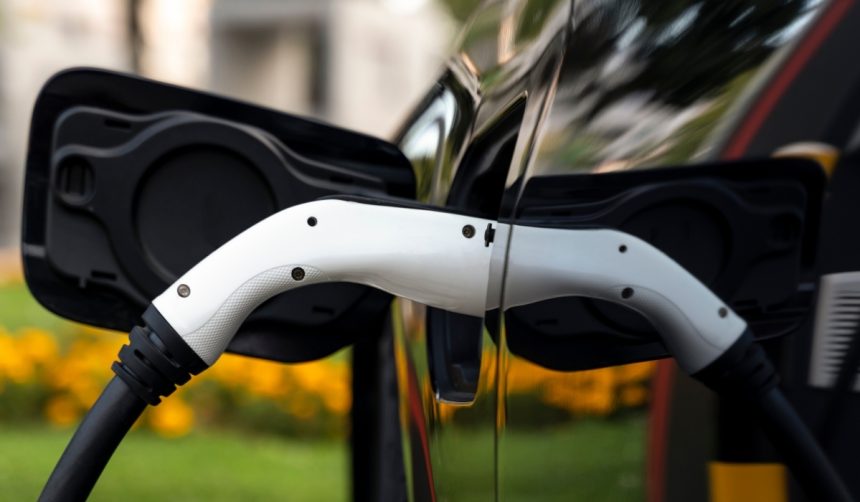The shift toward electric vehicles (EVs) and renewable energy has prompted companies to address the full lifespan of lithium-ion batteries. Redwood Materials, founded by Tesla’s former CTO JB Straubel, is preparing to ramp up battery recycling on a scale not previously seen in the United States. Straubel’s initiative brings new attention to the reuse and management of battery resources, especially as demand for EVs continues to climb. The company’s strategy extends beyond automobiles to include energy-hungry industries like data centers, recognizing that second-life battery packs could play a critical role in supporting the power grid and technology infrastructure. Renewable infrastructure is facing mounting pressure as AI and digital services require greater and more consistent energy supplies.
Redwood Materials’ efforts to create a circular battery supply chain echo previous industry attempts, but their ambition to process up to 500 GWh annually by 2030 stands out against prior targets. Other battery recyclers have concentrated on select markets or specific partners, whereas Redwood’s approach is more expansive, seeking participation from a range of manufacturers, suppliers, and new sectors such as data centers. Recent announcements from Apple about using recycled cobalt mirror this wider industry shift, yet Redwood’s focus on consumer electronics is still largely in development. As players like Li-Cycle faced financial difficulties, Redwood’s diversification into grid and data applications signals an adaptation to changing demand and market conditions.
What Steps Is Redwood Materials Taking to Scale Up?
The company is investing in infrastructure with its new $3.5 billion facility in Ridgeville, South Carolina, which will serve as both a materials processing and recycling hub. The site is set to employ 1,500 workers and target the supply of critical cathode and anode components for future vehicle batteries. Looking beyond vehicle recycling, Redwood recently launched Redwood Energy to reassign second-life battery packs for backup power and data center applications, starting with a microgrid project in Texas in partnership with Crusoe. CEO JB Straubel stated,
“Our goal is to support the growing power needs of new industries while ensuring battery life is maximized and waste is minimized.”
Can AI Improve Battery Recycling Efficiency?
Artificial intelligence is being examined as a tool to help automate critical processes in battery recycling, such as diagnostics, disassembly, and raw materials recovery. Machine learning can streamline sorting diverse battery chemistries and formats, working more quickly and safely than manual approaches. AI may also help recyclers reduce their reliance on supplies controlled by other countries, while adjusting refining processes based on the materials recovered from each battery type. As an independent consultant has pointed out, automated systems are now able to optimize recycling conditions for materials like nickel manganese cobalt more effectively than traditional methods. Redwood’s spokesperson commented,
“We continually evaluate advanced technologies to enhance our operational efficiency and broader impact.”
Will Sourcing Consumer Electronics Batteries Create New Opportunities?
With EV battery supplies still limited due to the long lifespan of most vehicles, Redwood is eyeing the vast number of unused consumer devices as a potential resource. Desktop drawers across America hold cellphones, laptops, and other gadgets with valuable lithium-ion batteries, but collecting and recycling these scattered small devices could pose logistical hurdles. Partnerships with technology companies remain under discussion, as existing agreements tend to focus on larger EV OEMs like Toyota, GM, Volkswagen, and BMW. Analyst Edward Sanchez highlighted,
“The next big gold mine is in people’s desk drawers—cellphones, iPods, and laptops that no longer have a use for consumers but whose batteries are still valuable.”
Battery recycling is increasingly seen as essential for a robust supply chain as the transition to green mobility accelerates. However, the challenge of scaling up to meet future demand hinges on overcoming gaps in used battery availability and reducing operational costs. As more vehicles and electronic devices reach end-of-life, supply constraints are expected to ease. Recent partnerships in the sector demonstrate an industry-wide recognition that efficient resource reuse will be the key to supporting both automotive and digital technologies, especially with rising energy requirements from artificial intelligence and data-driven applications.
Redwood Materials’ strategy underscores the complexity of EV battery recycling, revealing both considerable obstacles and new areas of opportunity. Their focus on large-scale infrastructure, engagement with emerging power needs, and interest in consumer electronics represent an adaptation to the realities of battery resource flows. For readers looking to understand the market, the biggest takeaways are the importance of collaboration between recyclers and equipment makers, the growing usefulness of AI to streamline processes, and how even everyday electronic waste could help secure critical materials for the future. Those storing old devices may soon become contributors to a new, sustainable supply chain, helping support advances in electric transport and digital services alike.










